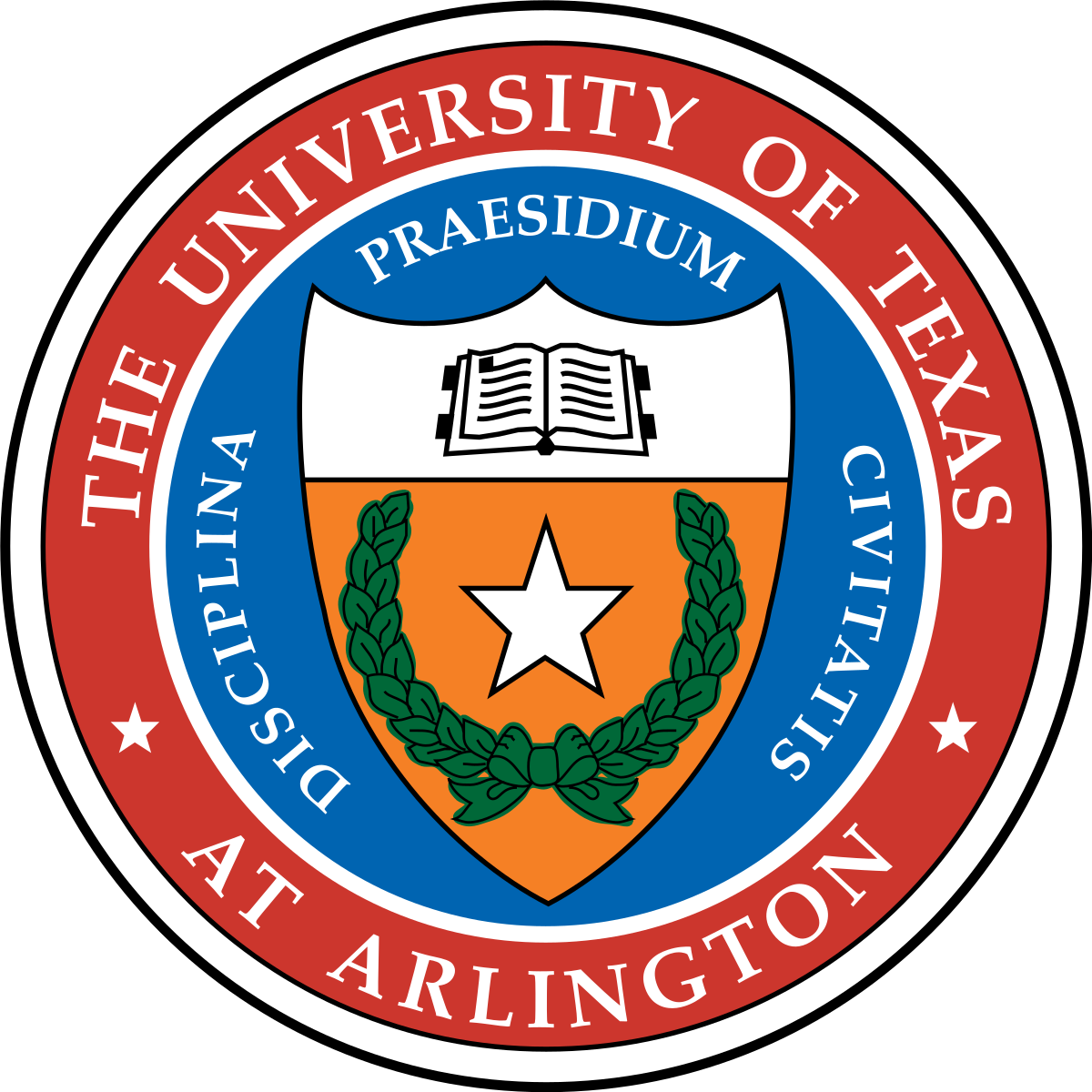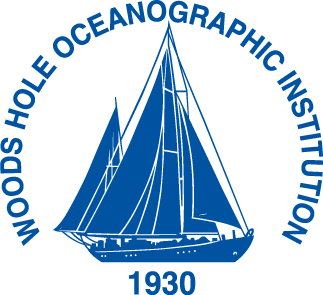
SCTLD Etiology
SCTLD Characteristics
Researchers from within the US Virgin Islands and beyond are working to identify and better understand Stony Coral Tissue Loss Disease. This requires a comprehensive understanding of corals and coral reef ecosystems, from bacteria and viruses at the microscopic level to large movements of water via currents and mathematical modelling.
Dr. Amy Apprill, an Associate Scientist at Woods Hole Oceanographic Institution, focuses on how SCTLD affects the microbial communities (microbiomes) of corals.
Dr. Apprill and her students are using rapid high-throughput sequencing to monitor microbiomes of corals at various stages throughout the SCTLD infection and determine potential disease pathogens. Additionally, her lab is examining how disease-associated bacteria are transmitted between corals and reefs.
Dr. Laura Mydlarz, a Professor of Biology at the University of Texas at Arlington, in collaboration with her students, is looking at the immune response of corals affected by SCTLD. Using genomic and proteomic techniques along with unique bioinformatic tools, they are looking at which genes are expressed and hope to identify pathways that coral use to fight SCTLD. They can compare corals that are susceptible to SCTLD to those that are resistant to find out what makes certain individual and certain species unable to fight this disease.
Dr. Adrienne Correa is an Assistant Professor of Biosciences at Rice University who is studying the role of viruses and algal symbionts in SCTLD infection. Using high-throughput sequencing, Dr. Correa and her students investigate how microbial communities change once corals are affected by SCTLD, and how fish interactions with corals influence SCTLD infections.
Ongoing research is supported by students and faculty at the University of the Virgin Islands. Visiting researchers have the ability to use university vessels and offer great opportunities for students to learn about research projects happening nationally.
Dr. Dan Holstein is an Assistant Professor of Coral Reef Ecology and Ecological Modeling in the Department of Oceanography and Coastal Sciences at Louisiana State University and an Assistant Professor by Courtesy in the Center for Marine and Environmental Studies at the University of the Virgin Islands.
Dr. Holstein and his students use histopathology and coupled hydrodynamic-epidemiological models to describe how SCTLD affects coral animals and spreads within and between the diverse coral reefs of the US Virgin Islands.








